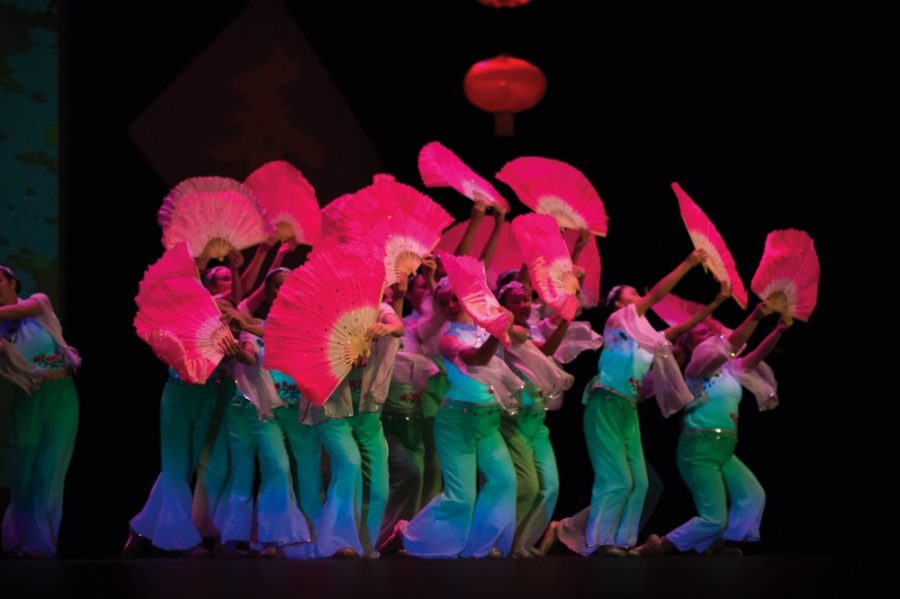Though the sparklers and noisemakers we used to ring in the New Year just a month ago have all been put away, it’s time to celebrate 2014 all over again this weekend. Tonight at midnight marks the Chinese New Year, which symbolizes cultural celebration and new beginnings.
“For us, Chinese New Year is our biggest holiday,” said Patsy Lee, president of the Tucson Chinese Cultural Center. “It’s a combination of Thanksgiving, Christmas, the Fourth of July and the regular New Year.”
According to Lee, Chinese New Year is based on the lunar calendar, which explains why the first day of the year is different from in the Western calendar. It’s completely based on patterns of the moons and varies each year and according to planetary location. This year, the celebration is particularly early.
Even though the celebration is widely known as the Chinese New Year, the lunar calendar is recognized throughout Asia.
“To be politically correct, call it the Lunar New Year to include all Asian countries,” Lee said.
The New Year, which Lee said stands as a symbol of positive beginnings, is celebrated with a series of traditions within Chinese households.
One of these traditions includes ceasing all cleaning and sweeping during the two-week celebratory period.
“We clean our houses the week before Chinese New Year because we believe in putting away brooms during the 15 days of the celebration,” Lee said. “When you clean the house, you sweep things out of the house. You don’t want to get rid of the goodness you bring in during New Years.”
Another tradition is eating foods that symbolize a specific value to keep in mind during the upcoming year. One in particular includes eating dishes that incorporate the whole animal. This means consuming the entire thing — head included.
“I grew up in a Chinese household in Tucson and when we ate chicken, we ate the whole chicken,” Lee said. “This means everything is in completeness and wholeness. It’s all about the philosophy of joy in your life, along with sadness. It’s full circle: the ying and the yang, the goodness with badness.”
Lee attends local elementary schools to teach students about Chinese New Year. When sharing cultural traditions, she always explains the symbolism of only eating long noodles during the celebratory period.
“We tell them to not eat mac and cheese because the noodles are short, but they can eat spaghetti,” Lee said. “The long noodles stand for longevity.”
2014 is the Year of the Horse. According to horoscopes, those who are born during this year are popular, cheerful, skillful, independent and impatient.
On Saturday, TCCC will commemorate 2014 with a festival that includes food, Chinese entertainment and a Tai Chi performance. For more information visit www.tucsonchinese.org









